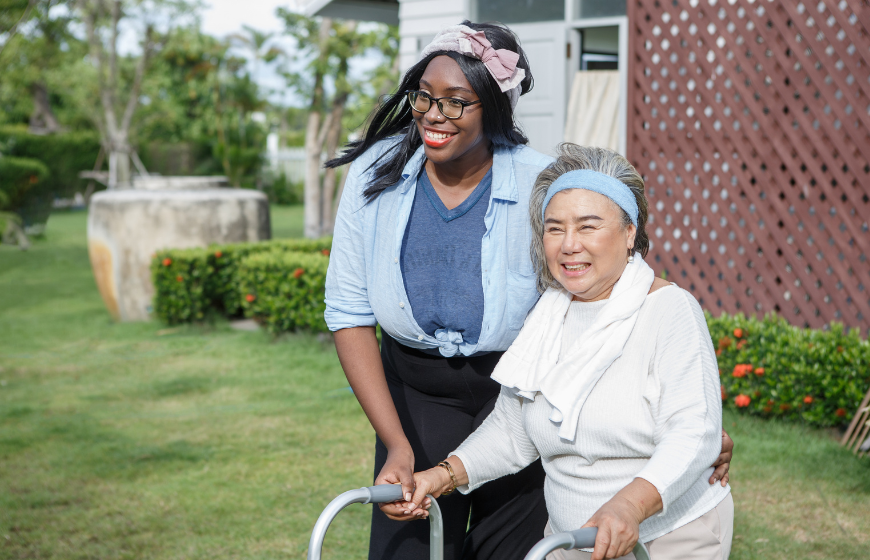Parkinson’s disease (PD) is a chronic, progressive neurodegenerative disorder that affects over 7.5 million people worldwide. The disease is identified by four cardinal signs: bradykinesia (slow movements), tremors at rest, rigidity, and postural instability. Though the cause of PD is unknown, excess depletion of the neurotransmitter, dopamine, may be responsible; therefore, all types of PD are treated in relatively the same way. There are no diagnostic tests for PD nor is there a cure. Treatment focuses on managing symptoms. Though your risk of developing PD is rare, numbers are growing every year, so it’s important to know your stance.
Risk Factors:
- Recurrent depression: depression may put you at increased risk for PD. Anxiety and depression have been shown to be very early symptoms of the disease. Signs of either anxiety or depression are never to be ignored.
- Genetics: having a close family member with the disease may increase your chances of developing certain types of PD. Scientists have found over twenty independent risk variants across different genes. Like Alzheimer’s Disease, the data does not suggest that our genes are solely responsible for this disease nor is genetic testing recommended.
- Age: it’s unavoidable, but the older we get, the likelier we are to develop neurodegenerative diseases like PD.
- Coffee Breaks: people who are adequately caffeinated may have a lower risk for developing PD. It is not clear whether this correlation results from the properties of the coffee bean or the caffeine. Either way, drink up!
- Cigarette Breaks: interestingly, smoking cigarettes is actually a protective factor against PD. The reason behind this is unknown, but it could be nicotine at work. This may be the only situation where smoking cigarettes is helpful—but until further research is available, smoking is not worth the risk.
Parkinson’s Disease is still unexplored territory. We can look forward to continued research and knowledge from the experts. In the meantime, know your risk and never ignore any changes in your health status. And remember that the Alliance Homecare team is here to help. We’re experts at caring for the Parkinson’s population. Please email us at info@alliancehomecare.com with any questions or concerns.
If you or someone you know needs help defining what home care would look like for you, don’t hesitate to contact us at 1.877.687.7380 (NURSE80).



